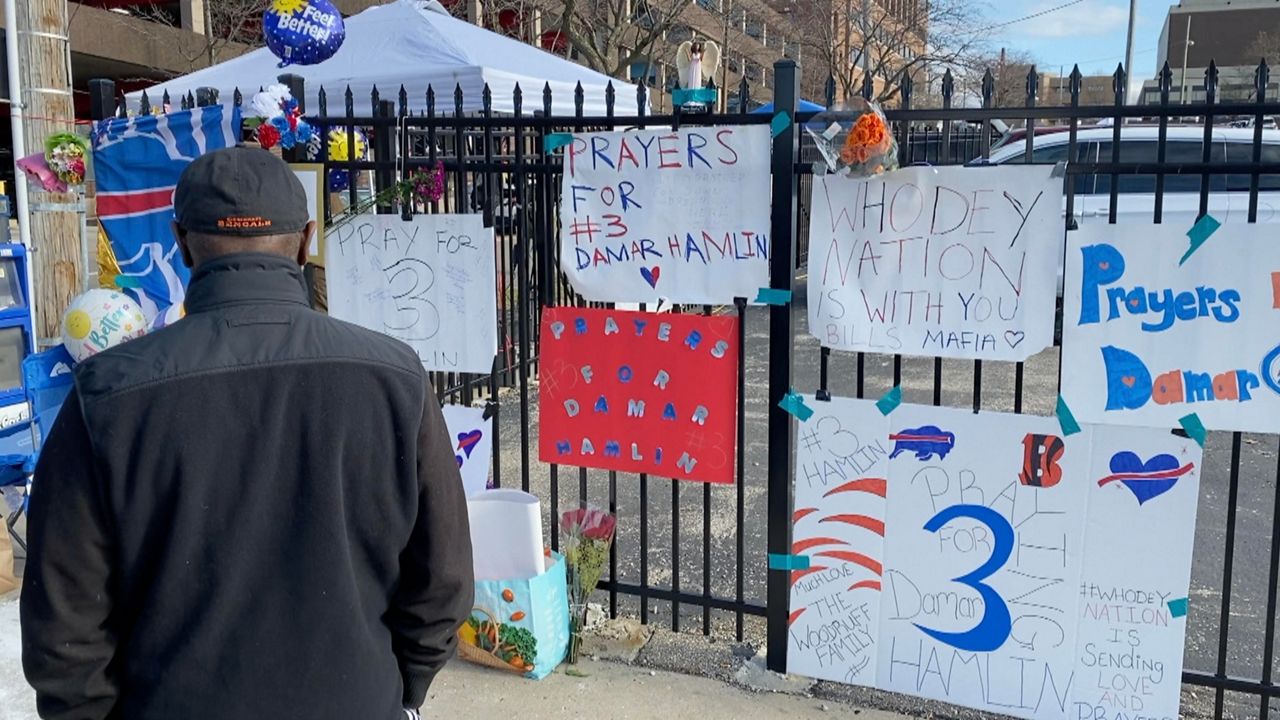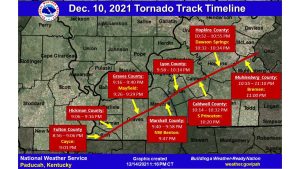CLEVELAND — By 2030, the number of Ohioans living with Alzheimer’s and dementia could jump as much as 20%, according to the Alzheimer’s Association. But caregivers hope a new Ohio law will bring added peace to their families and loved ones.
Under House Bill 23, police officers and emergency medical service personnel will be required to undergo training on identifying and interacting with those living with dementia.
What You Need To Know
- A new Ohio law will require first responders to undergo dementia training
- The training will include helping police and EMS identify and interact with those with dementia
- By 2030, the number of Ohioans living with Alzheimer’s and dementia could jump as much as 20%, according to the Alzheimer’s Association
- The Alzheimer’s Association said there are about 220,000 Ohioans living with Alzheimer’s and dementia currently
“In order for police, EMS, any first responders to do a quality job they need to be properly trained,” said Bev Shaffer, whose husband, John, passed away from Alzheimer’s a year and a half ago.
“It definitely was not easy,” Shaffer said, recalling a frightening day prior to John’s death. “In the early stages, John wandered onto the highway, about 10 miles from our house. He had no idea who he was, where he was, no phone, no wallet, no ID.”
Fortunately, John was found by the couple’s son. But Shaffer still wonders what may have happened if someone else found her husband.
“He was at the phase where he was very combative, so I think had the local sheriff or police or even EMS found him, I think it would’ve been a very difficult situation,” Shaffer said.
According to the Alzheimer’s Association, there are about 220,000 Ohioans living right now with Alzheimer’s and dementia.
Shaffer offered this bit of advice to any first responders going through the training or anyone who comes in contact with someone dealing with dementia.
“I think the biggest thing is patience. And No. 2 would be the person with dementia is going to respond to your emotional state too,” she said. “Calm is key.”




